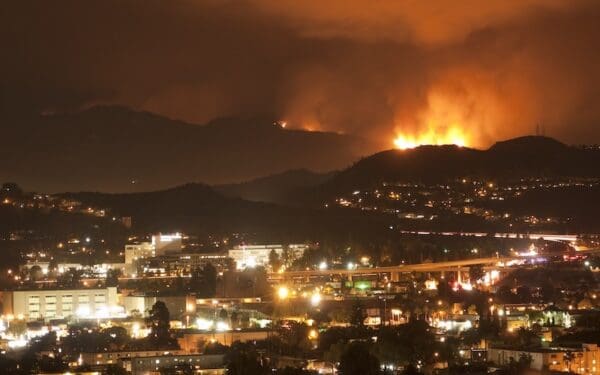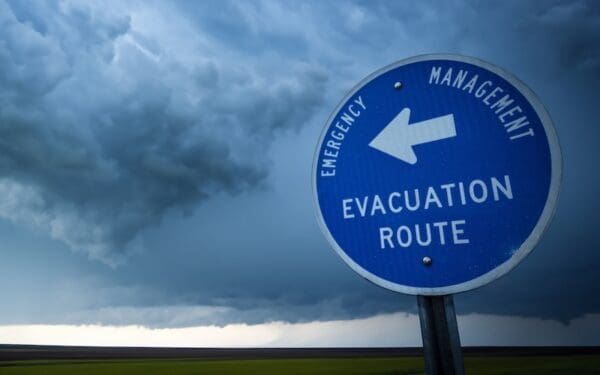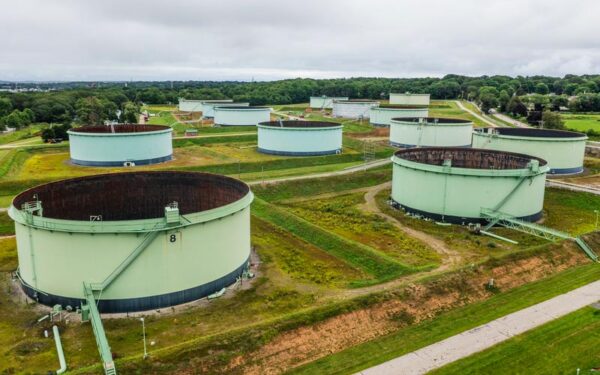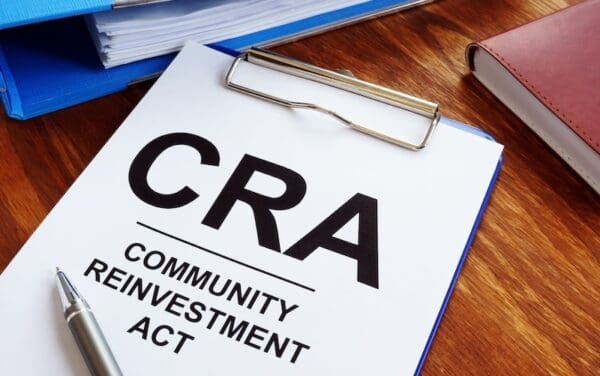The Truth About Carbon Footprints
The carbon footprint concept was a clever marketing tool used by fossil fuel companies to spread the blame on carbon pollution.

The carbon footprint concept was a clever marketing tool used by fossil fuel companies to spread the blame on carbon pollution.

Are fuels derived from crops and waste good climate solutions at scale? Short answer: No. Here’s why.

Learn some of the most impactful activities you can do this Earth Day.

When I boarded a yellow school bus from South Central LA to Pacific Palisades each day, no one in either neighborhood was talking about climate change. But times have changed, and the unprecedented fires in Los Angeles are showing us what climate change looks like.

If New Englanders hope to address the climate crisis, more of us must upgrade our old oil boilers and gas furnaces to electric heat. Our buildings are responsible for nearly a third of all the carbon pollution overheating our planet.

There is no haven from climate change. Like a B-movie horror film, we might run from the boogieman to locales we think are safe, but the scale and magnitude of climate change are so great that, sooner or later, the boogieman will get us.
Our only recourse now is to take our heads out of the sand and work to do something about it.

The number of trees in a neighborhood is determined by income and race. It’s a troubling imbalance that holds broad social implications as we grapple with climate change.

Fossil fuels are dangerous to workers and communities. Renewable energy is a safer alternative.

We won’t accept polluted water, dangerous heat, and unpredictable energy costs as foregone conclusions in our communities—and our banks shouldn’t either. Instead, banks should work to enrich our communities with long-term, sustainable solutions that will improve residents’ health and welfare.

In June, the state of Hawai’i agreed to cut carbon emissions in a historic climate case settlement. This is a big win with implications for communities in New England and beyond.
